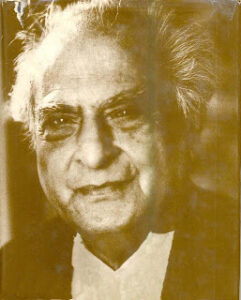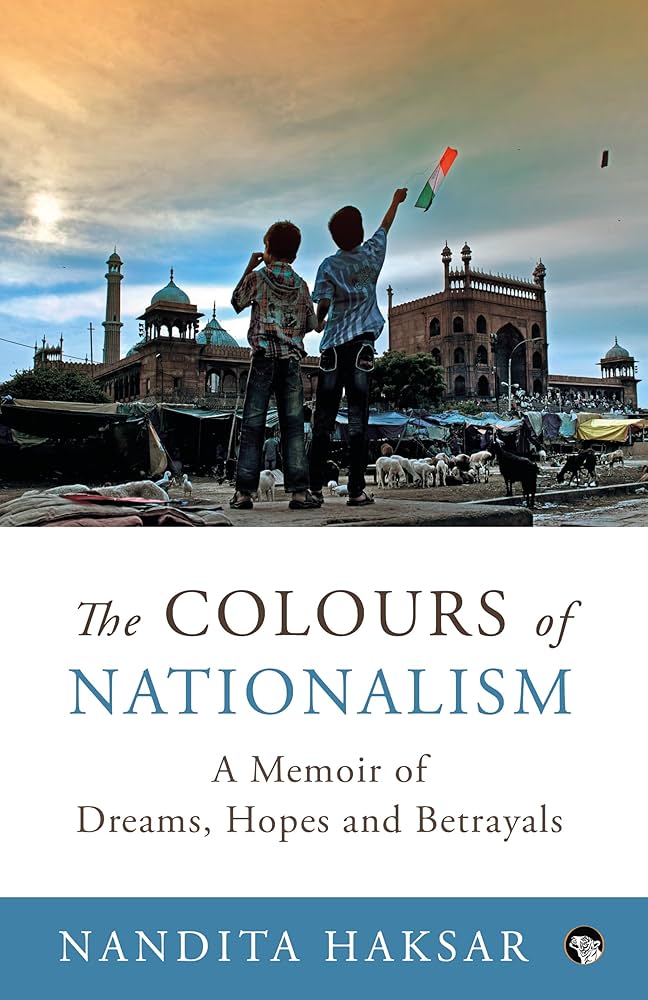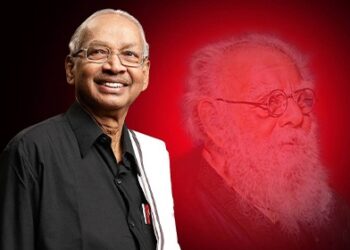Book authored by Nandita, daughter of P.N. Haksar

P.N. Haksar (1913 – 1998) Indian diplomat
The following is the extracts of one page from the first chapter of the book, ‘The Colours of Nationalism’ written by Nandita Haksar, the daughter of the late Indian Diplomat P.N. Haksar, (19.13.1998) who had served when Jawaharlal Nehru was the Prime Minister of our country. The first chapter of the book speaks about her parents who are no more. It describes how did they married devoid of rituals and other traditional customs – and their self-respective spirit in naming their children. The extract covers the exact mode of their marriage. It was the self-respective life advocated by social revolutionary Thanthai Periyar. When the author of the book was born, Periyar had already launched the Self-Respect Marriage in the then Madras Presidency in 1928. The marriage of her parents and their and post marriage life span reflects the way Periyar directed to adhere to in life.
My parents were staunch agnostics. They preferred not to have a Hindu marriage but a civil marriage registered in a court. There were no religious rites and rituals to welcome me into the world either; no mantras whispered into my tiny ears and no horoscope drawn up to ensure my stars matched with those of my future husband. I did not have my ears pierced; my mother did not allow anyone to put a black dot on her baby to ward off the evil eye, or any semi-precious stone to restrain her temper or a thread to protect her from possible dangers.
It was usual in our community for the astrologer to decide the first letter of the name that the child should be given. But for my parents the name of their baby had to reflect their political ideals. Many Indians named their children after socialist or communist leaders. The most common names were Rosa (after Rosa Luxemburg), Natasha, the heroine of Tolstoy’s War and Peace, or Lenin, if it was a baby boy. But my parents wanted an Indian name.
My father wanted the baby boy to be named Charvaka, after the ancient materialist philosopher, and to that my mother readily agreed. But she vehemently opposed the idea of calling the baby girl Svaha, after the wife of Agni, the Vedic god. She said she would not have her daughter named after ‘a wife’ of anyone, even a god; her daughter had to have her own identity.
Amma had set her heart on calling her baby girl Nandita, a Bengali name. It was a name that the poet Rabindranath Tagore gave his own granddaughter. Amma loved Bengali literature and was drawn to Tagore’s universalism. Besides, it had no religious roots; Nandita simply meant someone who gave others happiness.
Courtesy: Page No.12 & 13 of the book “The Colours of Nationalism” Published by Speaking Tiger








